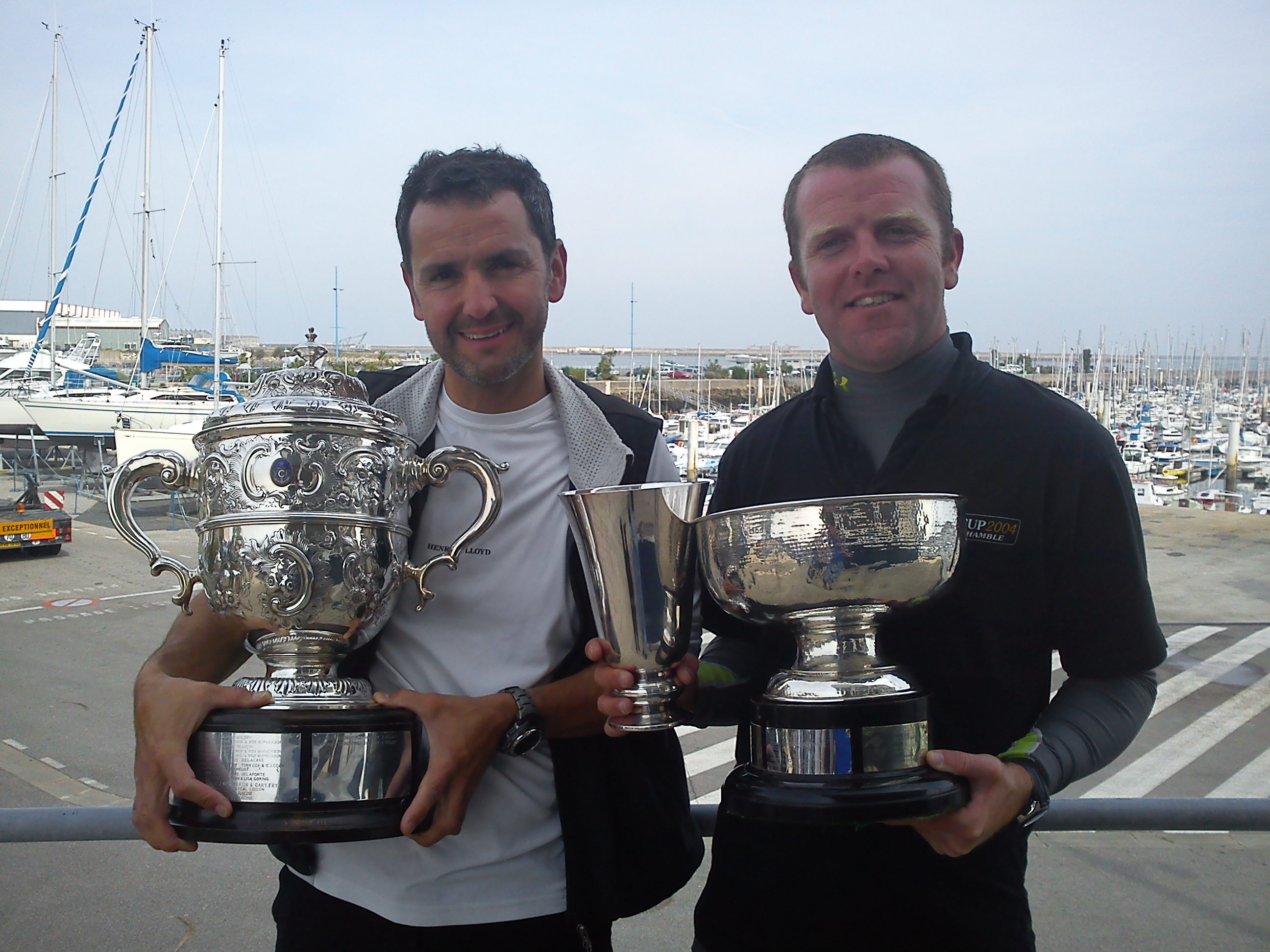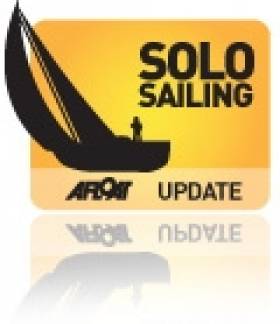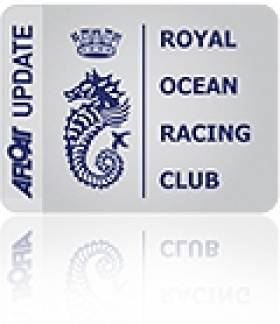Displaying items by tag: j105
Solo Sailing Conference Offers Charter of Performance Yachts
Irish solo sailing fans may be interested in the annual Solo Racing Festival at the Royal Southern Yacht Club, Hamble on Saturday 12th March.
Given the Figaro race is coming to Dun Laoghaire in August a talk on the Artemis Academy with John Thorn (Figaro 2) will be of particular interest.
Owen Clarke's designer Merfyn Owen, who lives in Hamble will be attending as well as colleagues from their brokerage partners Boatshed Performance.
So whether your interest be solo sailing or short-handed sailing in general they will be there to answer questions on design, construction, as well as sale/purchase and charter of offshore performance yachts.
The Race Fair is an open house from 10.00 for race organisers to meet and greet potential skippers from; Global Ocean/Class 40, Mocra, UK mini group, RORC, SORC, Biscay Challenge, AZAB. Floating boat show, 8 boats including the OC class 40, 2 minis, A35, J105, Figaro 2, Sunfast 3200.
There is a Book Signing, Alex Bennett signing copies of High Seas High Stakes and showing Fuji DVD Mike Golding is opening the talks at 11,00.
Followed by:
Winning Mind Set with Ian Brown, sports psychologist
Global Ocean race with Oliver Dewar
Two Star/Ostar with John Lewis, RWYC
30m trimaran design with Nigel Irens (Idec, Sodebo)
Artemis Academy first term report with John Thorn (Figaro 2)
Route du Rhum with Marco Nannini, (class 40)
all in the spendid riverside setting of the Royal Southern Yacht Club, Hamble.
More HERE.
RORC Success for Hurley and Martin in Cherbourg
Nick Martin and Cobh's Barry Hurley co-skippered "Diablo-J", a J-105, to not only win the RORC trophy for the Two–Handed Division, but took home the Yacht Club de France trophy for IRC 2 and the Cherbourg trophy for IRC Overall too.
The race started on a perfect sunny early September evening. With the tide and wind behind them, the fleet of 53 yachts set off towards the Needles under spinnaker. However, it wasn't long before wind holes began to appear, particularly off Yarmouth, and the leg out of the Solent became tricky; it turned out to be the hardest part of the race.
Once in the Channel it was a close reach on port all the way to Cherbourg. It was too close for spinnakers but a fast leg nonetheless. As usual the wind went light off Cherbourg so it was vital to be up-tide of the harbour entrance.
First to finish was the Farr 52 Bob at 03 09 56 with an elapsed time of just under 8 hours; indeed it was a quick race for the whole fleet and the last boat finished at 09 41 37. Bob took the Quailo Cup – the trophy for IRC Zero and Super Zero combined. Mike Greville won IRC Zero in his Ker 39 Erivale III. IRC 1 went to Marc de St Denis and Géry Trentesaux in their First 40 Coup de Coeur. IRC 3 was won by Renaud Courbon in the JPK 9.60 Ultreia!
Interviewed after the race, Nick Martin and Barry Hurley talked about their winning strategy: "The race was won and lost on the start line. We realised that the Solent part of the course was going to be make or break before the drag race across the Channel.
We chose to start at the leeward (ODM) end of the line. This gave us clear wind and a good hot wind angle down the Solent. We were very aware of the holes on the island shore. We knew we were not necessarily in the best of tides, but decided that the wind strategy was more important. We were also in good company with Bob and Psipsina."
"The majority of boats were drifting through tide holes, but we stayed on the same gybe with a good angle, all the way down to the Needles. The other boats got sucked into the island side and we avoided it. We had holes, too, but got through Hurst beautifully in second place behind Bob. The fleet were destroying each other, pushing one another up into more tide. Venomous and Psipsina came through on the inside of the Needles, caught a bit of wind and caught us up. When we all caught the same wind, we were off. The four of us were probably 20 minutes ahead of the rest of the fleet at the Needles."

All that was left was the quick trip across the Channel – drop the kite, and up with the big No.2 jib. The only thing interesting about that long leg was that our original heading brought us right in to Cherbourg with a single 4 degree variation one mile out. We pre-judged the heading for the tide 6-7 hours ahead and were heading lower than most of the fleet, who had to try to come down much later. We had 15 – 20 knots with a true wind angle of 50-70 degrees."
"For us the wind only dropped slightly down to maybe 15 knots as we approached Cherbourg, but we got in before it really dropped off at sunrise. It was a brilliant race, really good, and we are delighted with the result. We thought we had the Two – Handed sewn up, we suspected that we had the class result, but to get the overall win was great." Nick Martin was delighted to win his first major RORC overall trophy. "It underpins my belief that the RORC produces and supports great races and provides a fantastic opportunity for two-handed racing."






























































